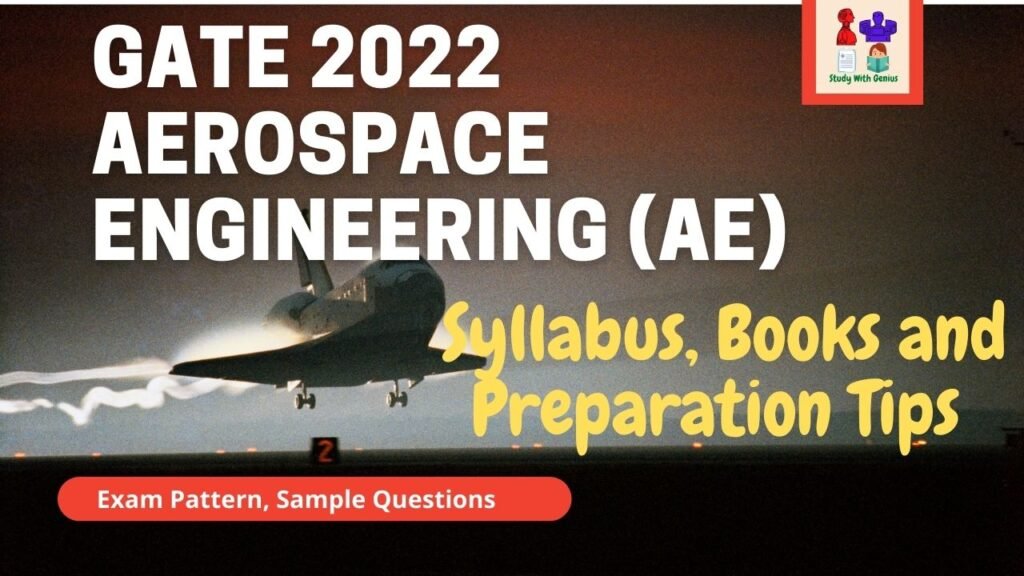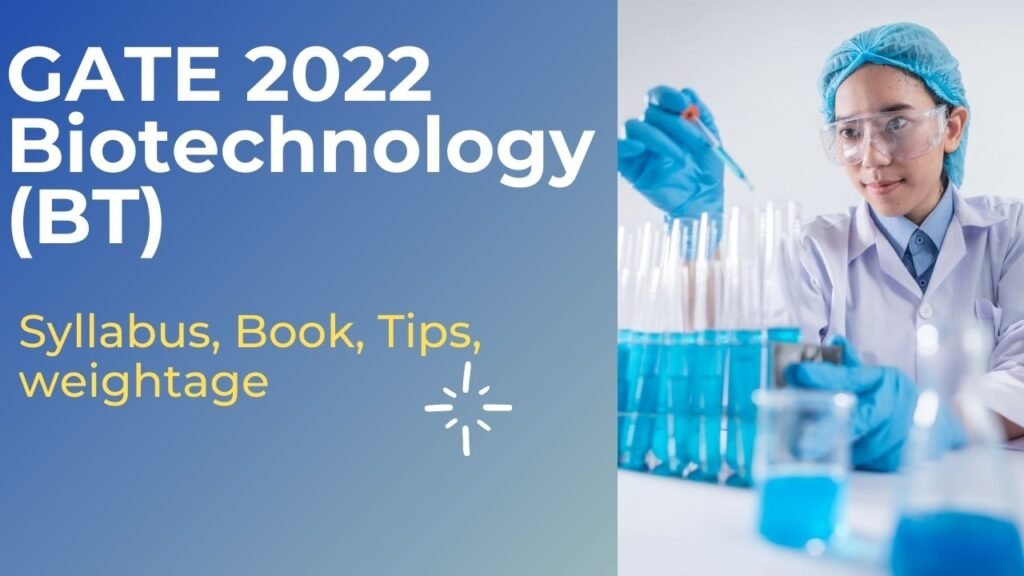
GATE 2022 CSE Syllabus : Computer Science and Information Technology syllabus is based on the topics of graduation level which is further divided into 10 major sections. Out of these 10 sections, section 1 is entirely based on the topics of Engineering Mathematics.
- In GATE 2021 CS paper, 72% of the syllabus is from Core Engineering Syllabus or subject syllabus, 13% of Engineering Mathematics, and 15% of General Aptitude.
- One must note that all GATE 2021 papers will have General Aptitude as a compulsory section. The paper will consist of 65 questions worth 100 marks. Check GATE 2021 CS Exam Pattern
- Candidates are also eligible to appear for a maximum of 2 papers. Also, if you are in the 3rd year of graduation you can easily apply for the exam as the eligibility criteria has been revised for this year.
- This year GATE 2021 Computer Science and Information Technology syllabus has been revised and if you have opted for CS as your first paper then for the second paper you can appear only for MA.
Every year, lakhs of students sit for the GATE Computer Science and Information Technology examination in order to get admission to postgraduate programmes at India’s prestigious engineering colleges, such as IITs and NITs. If you pass the GATE Cutoff, you will be eligible to work for a variety of public sector organisations. Read on to learn more about the computer science syllabus, the importance of major topics, study advice, and more. GATE 2022 CSE Syllabus
GATE 2022 CS & IT Exam Syllabus
Section1: Engineering Mathematics
Discrete Mathematics:
- Propositional and first order logic. Sets, relations, functions, partial orders and lattices. Monoids, Groups. Graphs: connectivity, matching, coloring. Combinatorics: counting, recurrence relations, generating functions.
Linear Algebra:
- Matrices, determinants, system of linear equations, eigenvalues and eigenvectors, LU decomposition.
Calculus:
- Limits, continuity and differentiability. Maxima and minima. Mean value theorem. Integration. Probability and Statistics: Random variables. Uniform, normal, exponential, poisson and binomial distributions. Mean, median, mode and standard deviation. Conditional probability and Bayes theorem.
Section 2: Digital Logic
Boolean algebra. Combinational and sequential circuits. Minimization. Number representations and computer arithmetic (fixed and floating point).
Section 3: Computer Organization and Architecture
Machine instructions and addressing modes. ALU, data‐path and control unit .Instruction pipelining, pipeline hazards. Memory hierarchy: cache, main memory and secondary storage; I/O interface (interrupt and DMA mode).
Section 4: Programming and Data Structures
Programming in C. Recursion. Arrays, stacks, queues, linked lists, trees, binary search trees, binary heaps, graphs.
Section 5: Algorithms
Searching, sorting, hashing. Asymptotic worst case time and space complexity. Algorithm design techniques: greedy, dynamic programming and divide‐and‐conquer. Graph traversals, minimum spanning trees, shortest paths.
Section 6: Theory of Computation
Regular expressions and finite automata. Context-free grammars and push-down automata. Regular and contexfree languages, pumping lemma. Turing machines and undecidability.
Section 7: Compiler Design
Lexical analysis, parsing, syntax-directed translation. Runtime environments. Intermediate code generation. Local optimisation, Data flow analyses: constant propagation, liveness analysis, common subexpression elimination.
Section 8: Operating System
System calls, processes, threads, inter‐process communication, concurrency and synchronization.
Deadlock. CPU and I/O scheduling. Memory management and virtual memory. File systems.
Section 9: Databases
ER‐model. Relational model: relational algebra, tuple calculus, SQL. Integrity constraints, normal forms. File organization, indexing (e.g., B and B+ trees). Transactions and concurrency control.
Section 10: Computer Networks
Concept of layering: OSI and TCP/IP Protocol Stacks; Basics of packet, circuit and virtual circuit-switching; Data link layer: framing, error detection, Medium Access Control, Ethernet bridging; Routing protocols: shortest path, flooding, distance vector and link state routing; Fragmentation and IP addressing, IPv4, CIDR notation, Basics of IP support protocols (ARP, DHCP, ICMP), Network Address Translation (NAT); Transport layer: flow control and congestion control, UDP, TCP, sockets; Application layer protocols: DNS, SMTP, HTTP, FTP, Email.
GATE 2022 CSE Subject Wise Weightage
| GATE CS Sectional Weightage | |
|---|---|
| Engineering Mathematics | 13% |
| General Aptitude | 15% |
| Remaining Topics of CS | 72% |
Topic | Expected Weightage in Marks | Topic | Expected Weightage in Marks |
Theory of Computation | 7.5 | Operating System | 9 |
Compiler Design | 2.75 | General Aptitude | 15 |
Computer Organization & Architecture | 9 | Computer Networks | 7.5 |
Programming & Data Structures | 10.5 | Soft. Engg/ Web Technology | 1.5 |
Algorithms | 8 | Engineering Maths | 14.75 |
Digital Logic | 5.25 | Database | 7.5 |
GATE 2022 Exam Pattern for CS & IT
- The paper is held in online mode.
- Candidates have to attempt 65 questions in the duration of 3 hours.
- Questions are of 2 types- Multiple Choice types (MCQ) and Numerical Answer Type (NAT)
- The total Marks for 65 questions is 100.
- Candidate can use Virtual Calculator during exam as any other physical calculator is prohibited in GATE exam center.
- There is no provision of negative marking in NAT questions.
- MCQs carrying 1 marks each, 1/3 marks would be deducted as a penalty of marking the wrong answer.
- For questions carrying 2 marks, 2/3 marks would be deducted for marking an incorrect answer.
GATE 2022 CSE Books
Candidates can refer to the important books mentioned below to boost the overall preparation level as per the GATE Syllabus 2022
GATE Important Books – Computer Science Engineering
GATE Topic | Books and Author |
Engineering Mathematics | Advanced Engineering Mathematics by Erwin Kreyszig Discrete Mathematics and Its Applications by Kenneth Rosen |
Theory of Computation | An Introduction to Formal Languages and Automata by Peter Linz |
Computer Organization & Architecture | Computer Architecture – A Quantitative Approach by Hennessy and Patterson Computer Organization and Embedded systems by Carl Hamacher |
Programming & Data Structures | Classic Data Structures by Debasis Samanta The C Programming language by Dennis Richie |
Digital Logic | Digital Electronics by S. Salivahanan & S. Arivazhagan Digital Design by Morris Mano |
Computer Networks | Computer Networks by Peterson & Davie Data Communications and Networking by Kurose & Ross and Behrouz A. Forouzan |
Algorithms | Introduction to Algorithms by Cormen Data Structures & Algorithms by R.S. Salaria |
Compiler Design | Compiler Design in C by Allen I Holub Compilers: Principles, Techniques and Tools by Aho & Ullman |
Operating System | Operating Systems by Stallings Operating System Concepts by Galvin |
Databases | Database System Concepts by Henry. F. Korth Normalization and indexing by Shamkant B. Navathe |
GATE 2022 CSE Prepatarion Tips
1. Solving Practice Papers
- Solve practise papers on a daily basis to obtain a better understanding of the exam pattern, question types, difficulty level, and so on.
- Examine your weak spots.
- If you are unable to answer the questions, do not become concerned.
2. Try to Complete whole Syllabus
- Do not save any topics at the last minute. Try to finish your syllabus at least two weeks before the exam.
- You must begin your improvements when you have completed your curriculum.
- Make sure you go over your syllabus several times to ensure you don’t forget anything.
3. Regular Practice
- Daily question practise will assist you in slowing down your ageing process.
- Candidates must also keep in mind that while their speed improves, their accuracy must improve as well.
- Make an effort to complete more and more mock tests.
| Time Allotment | Activities to Do |
|---|---|
| 5:00 AM to 8:00 AM | Revision of Topics |
| 8:00 AM to 10:00 AM | Take a Break |
| 10:00 AM to 1:00 PM | Pick up a Major Topic |
| 1:00 PM to 5:00 PM | Take a Break |
| 6:00 PM to 9:00 PM | Pick up next/incomplete topic |
| 10:00 PM | Revise again |






